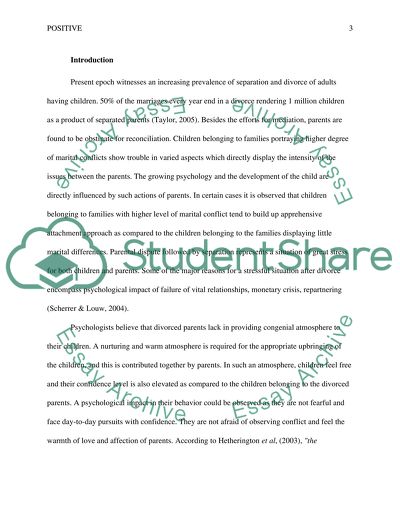Cite this document
(“How Positive Psychology Can Benefit Children Of Divorced Parents Research Paper”, n.d.)
Retrieved from https://studentshare.org/psychology/1396429-how-positive-psychology-can-benefit-children-of
Retrieved from https://studentshare.org/psychology/1396429-how-positive-psychology-can-benefit-children-of
(How Positive Psychology Can Benefit Children Of Divorced Parents Research Paper)
https://studentshare.org/psychology/1396429-how-positive-psychology-can-benefit-children-of.
https://studentshare.org/psychology/1396429-how-positive-psychology-can-benefit-children-of.
“How Positive Psychology Can Benefit Children Of Divorced Parents Research Paper”, n.d. https://studentshare.org/psychology/1396429-how-positive-psychology-can-benefit-children-of.


